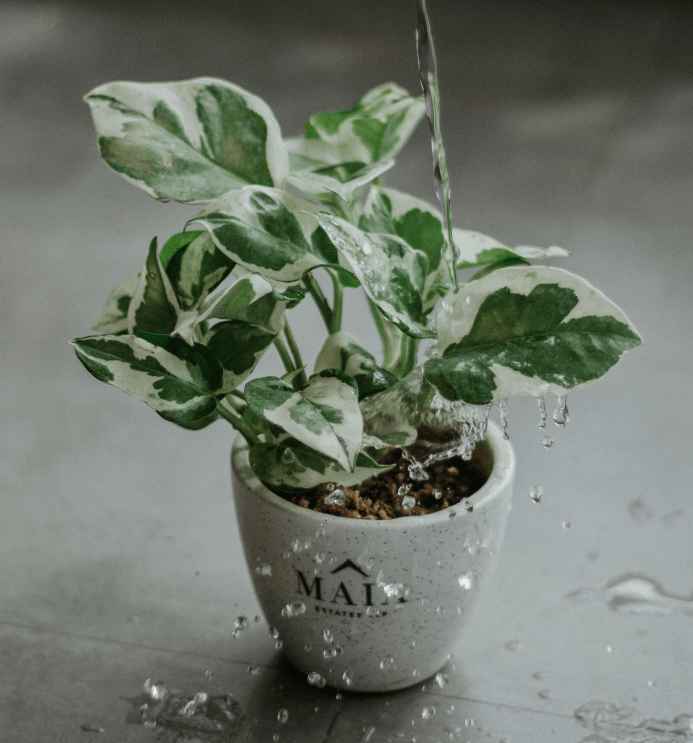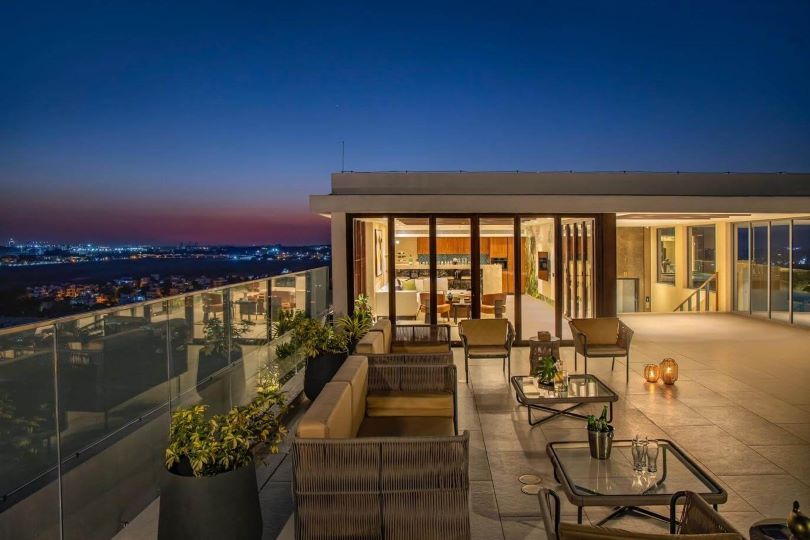In today’s world, where environmental concerns are becoming increasingly important, it’s crucial for individuals to adopt sustainable practices in their daily lives. One area where we can make a significant impact is within our own homes. By implementing simple yet effective eco-friendly practices, we can contribute to a greener planet. Whether you live in a luxury apartment in Bangalore or any other type of home, here are some everyday sustainable practices you can adopt to keep your home eco-friendly.
Energy-Efficient Lighting:
One of the easiest ways to reduce energy consumption is by switching to energy-efficient lighting options such as LED bulbs. LED lights consume significantly less electricity compared to traditional incandescent bulbs, helping you save energy and reduce your carbon footprint. Additionally, make it a habit to turn off lights when leaving a room to further conserve energy. Some of the top builders in Bangalore, have implemented these energy – efficient lighting systems in their projects.
Water Conservation:
Conserving water is another vital aspect of sustainable living. Simple practices like fixing leaky faucets and using water-efficient appliances can significantly reduce water wastage. Additionally, try collecting rainwater for watering plants and gardens instead of relying solely on freshwater sources. Most of the luxury projects in Bangalore have a rain-water harvesting system in place that helps residents in efficiently using the resources nature has to offer.
Recycling and Waste Management:
Implement a proper recycling system in your home to ensure that recyclable materials such as paper, plastic, glass, and metal are separated from general waste. Educate yourself about the recycling guidelines in your area and make sure to follow them diligently. Furthermore, consider composting organic waste to minimize the amount of garbage that ends up in landfills. Some of the top apartments builders in Bangalore, have made composting easier by installing machines that can help make the process easy and effective.
Energy-Efficient Appliances:
When purchasing new appliances, look for energy-efficient models with high energy star ratings. Energy-efficient appliances consume less electricity and are designed to minimize environmental impact. From refrigerators to washing machines and air conditioners, there are now a wide range of energy-saving options available in the market.
Sustainable Cleaning Practices:
Use eco-friendly cleaning products that are free from harsh chemicals and toxins. Many conventional cleaning products contain harmful substances that can pollute the air and water. By choosing environmentally friendly alternatives, you can keep your home clean while reducing the negative impact on the environment. One can also create their own DIY disinfectants with products available at home to avoid using chemically made products.
Reduce Plastic Usage:
Plastic waste is one of the biggest environmental challenges we face today. Minimize your use of single-use plastics such as shopping bags, straws, and water bottles. Instead, opt for reusable alternatives like cloth bags, stainless steel bottles, and bamboo or metal straws. These small changes can have a significant impact on reducing plastic pollution.
By incorporating these everyday sustainable practices into your life, you can create an eco-friendly home environment. These practices not only benefit the environment but also contribute to savings costs in the long run.


